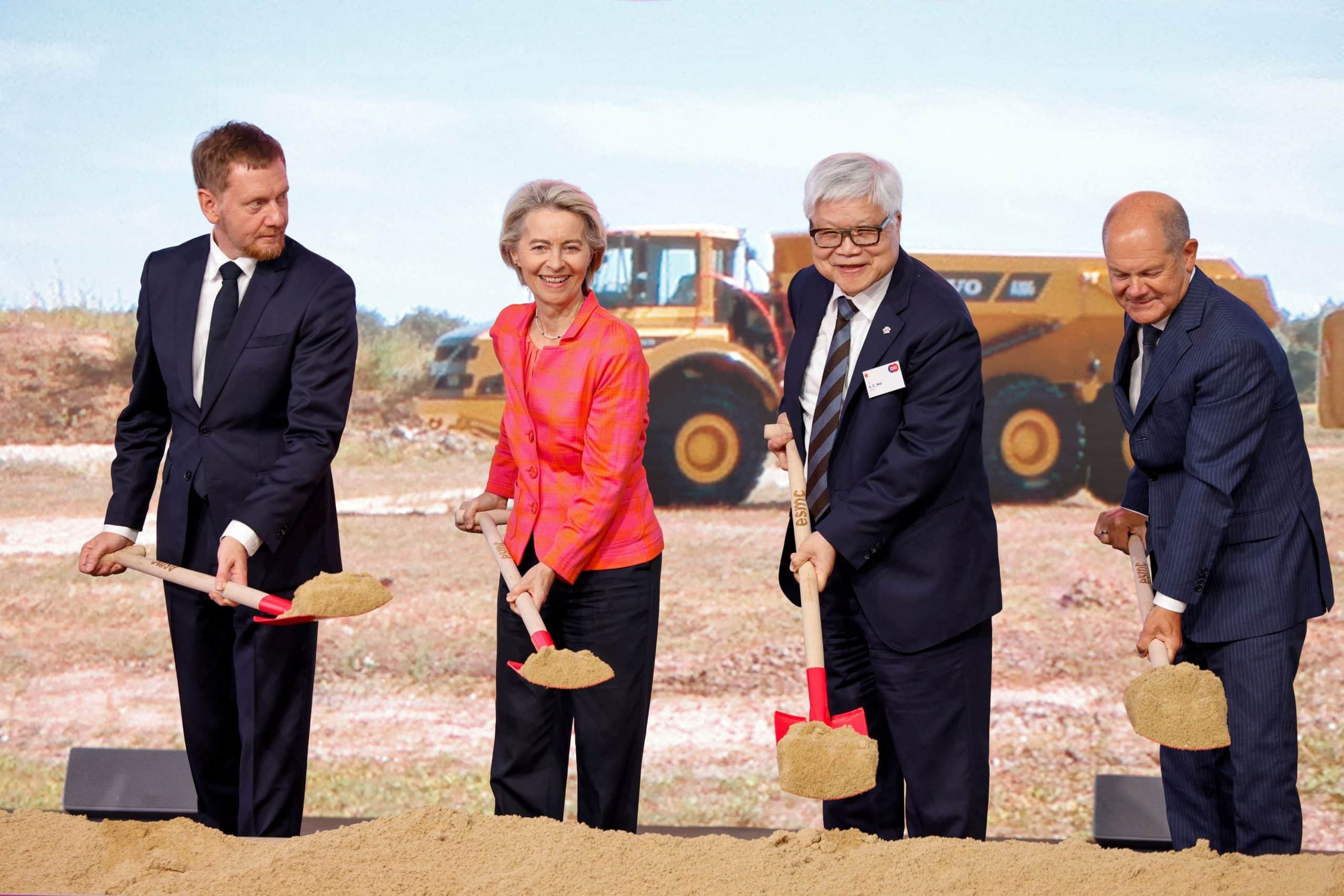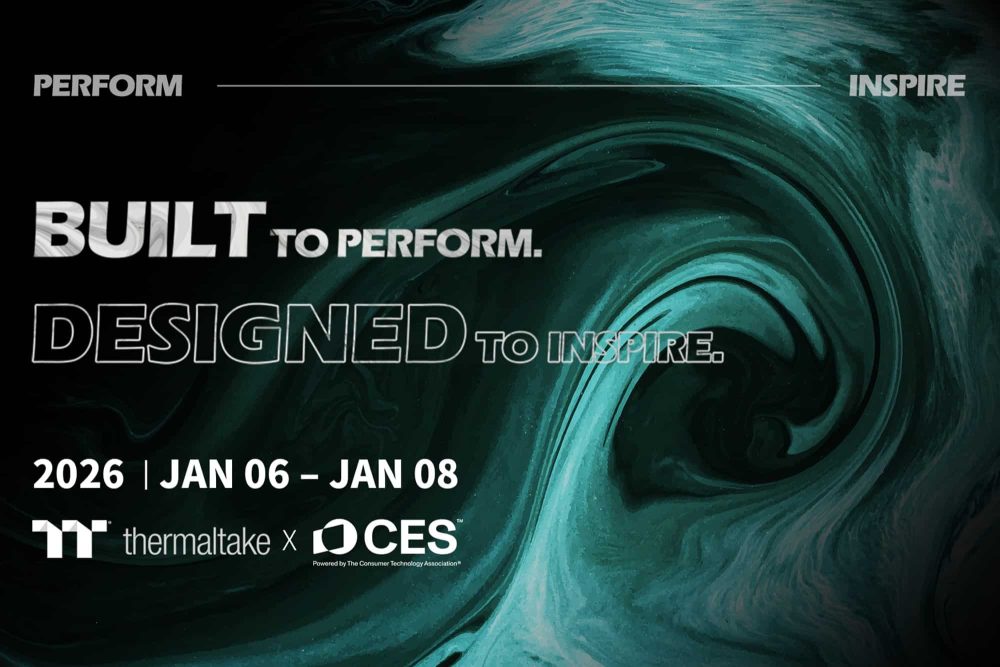Source: ot.gr
The EU approved the 5 billion subsidy from Germany for the 10 billion euro factory.
The foundations for constructing the largest factory in Europe that will produce the so-called very high-performance microchips – especially for car manufacturers – were initiated in Dresden, Germany, in the presence of Commission President Ursula von der Leyen and Chancellor Olaf Solz. It is a purpose-built joint venture factory controlled by the Taiwan Semiconductor Manufacturing Company (TSMC), which owns 70% of both the German companies Bosch and Infineon, as well as the Dutch NXP.
New US barriers to China on microchips – What the new bill says
In this way, the EU is putting forward its plan to diversify high-tech suppliers and transfer such technologies to the Old Continent. The investment is estimated at 10 billion euros, and the plant is expected to be operational in 2027 and to produce at total capacity in 2029. In the context of European efforts to transfer such advanced technologies to the continent, the Commission approved subsidies of 5 billion euros for Germany to give to the new company that will manage the plant in question, the European Semiconductor Manufacturing Company (ESMC).
The Commission president said ESMC will be the first company to produce very high-performance microchips in the EU, welcoming the investment alongside Soltz. “This new center qualifies under the European Microchip Act as a first-of-its-kind facility. It will manufacture products that do not exist in any other European facility. This means that this unit is also entitled to national financial support,” said Ursula von der Leyen, revealing at the same time the provision of the subsidy by Berlin.
The technology Soltz pointed out that “we depend on semiconductors for the sustainable technologies of the future,” adding that “we should not depend on other parts of the world to supply” microchips. The ESMC factory is vital for Germany since the Dresden facilities will specialize in producing semiconductors for the country’s automotive industry. The industry is transitioning to more hybrid and purely electric vehicles, and such microchips are needed.
The new factory will manufacture the chips using the so-called “field-effect transistor” (‘FinFET’) technology. This technology allows different functions to be integrated into each chip depending on the customer’s needs. According to the company, the final product will offer better performance and lower consumption than other technologies. It is expected that 480,000 microchips will be produced there, used by car manufacturers and other industrial sectors.
The importance of the factory to Taiwan
In addition to the benefits for Europe, the new plant is essential for TSMC, one of the largest manufacturers in the world. In recent years, China has claimed the self-governing island of Taiwan as part of its territory and has stepped up rhetoric on unification. As a result, TSMC is under pressure from Taiwan and the West to expand its operations by opening factories in other parts of the world. This effort to diversify also coincides with the efforts of Europe and the USA to bring semiconductor production to their territories.



I’m confused by this sentence
“It is a purpose-built joint venture factory controlled by the Taiwan Semiconductor Manufacturing Company (TSMC), which owns 70% of both the German companies Bosch and Infineon, as well as the Dutch NXP.”
Does TSMC owns 70% of Bosch and Infineon…?